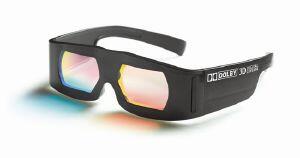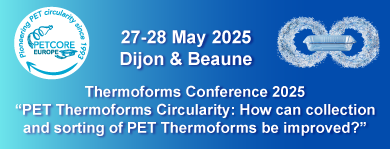From cinema to compost site

3D movies, like the latest "Avatar" and "Alice in the Wonderland", today represent a strong growing market, drawing both production and consumption of glasses that spectators wear to appreciate all the special effects of such movies obtained thanks to advanced technologies. The American company Oculus3D has now developed a new version of 3D biodegradable and compostable glasses produced with Cereplast PLA which could represent a solution to the disposal of the large quantity of the current glasses made of traditional non-biodegradable fossil fuel plastics.
In Italy, for instance, reusable glasses, sterilized after each showing, are forbidden as precaution against possible infections transmission, after that an acute inflammation had been diagnosed in a 6-year child. In the past few days in fact the Italian Health Ministry banned the use of 3D glasses for children under six years of age and imposed the single-use ones to older people, putting the question of their disposal.
According to some recent estimations, the carbon dioxide emissions for more than 10 million plastic glasses, delivered worldwide on the occasion of any new movie launch, is equivalent to the harmful emissions generated by burning 50,000 gallons of gasoline or 917 barrels of oil. Biodegradable glasses, discarded at compost sites, should return to nature in about 180 days, with no chemical residues or toxicity left in the soil.





















